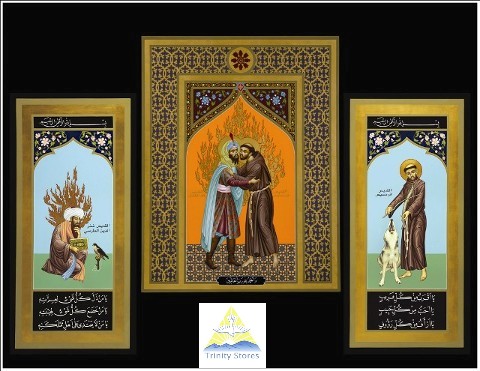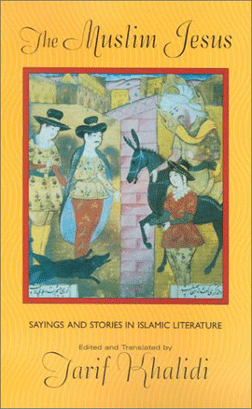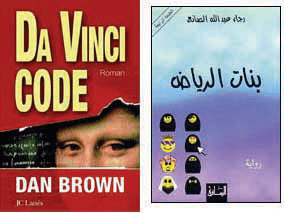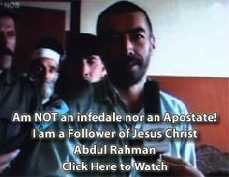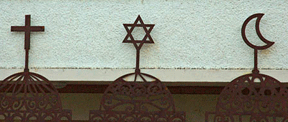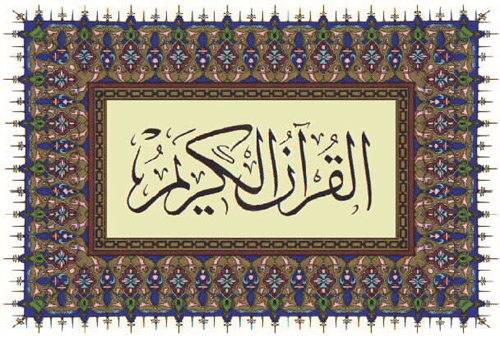
The following is a reaction to the article “The Lost Archive” in The Wall Street Journal Jan 12, 2008, page 1 (US edition) by Michael Marx (marx@bbaw.de), Director of Research, Centre Corpus Coranicum (Berlin-Brandenburgische Akademie der Wissenschaften)
The lost archive, the myth of philology, and the study of the Qur’an
by Michael Marx
The belief in the myth that old manuscripts should be mysterious and powerful is part and parcel of the age of Modernity. That such expectations were operative in the discussion on the Qumran fragments is still remembered, and more recently the Da Vinci Code, in itself a quite shallow story, sold extremely well. The fact that the Wall Street Journal placed an article on the “lost Bergstrasser-film archive” of Qur’anic manuscripts on its front page on 12th of January seems to be due to the myth of “textual wars” taking place in the world. Labelled as a clash of civilizations or war of religions, conflicts today in the Middle East and Europe involving Christians, Muslims and Jews are likely to be perceived in isolation from their economical, social, or political preconditions. On September 12th 2001 a friend of mine bought a copy of the Qur’an in order to “understand what is going on”. Indeed, as if in the spirit of the protestant slogan of “sola scriptura” (= “through scripture only”), the idea of deciphering the software of “Muslim patterns of action” through the Sacred Book of Islam is tempting. As superficial as it may look, this very perception of the direct causal link between “what Muslims do” and passages of the Qur’an seems to be widespread. No article on the missing enlightenment in “Islam” without pointing to a still missing “but urgently needed” critical edition of the Qur’an. Almost no coverage on warfare in the Middle East and suicide bombings without the attempt to dig out passages from the Qur’an and pictures of praying and reciting Muslims. The cultural, social, and religious diversity of a whole region, the Middle East, that European and American history labels as the cradle of civilisation and the birthplace of Judaism and Islam appears transmuted into a “disturbing” monolithic religious monster. Continue reading Lost in the Lost Archive
